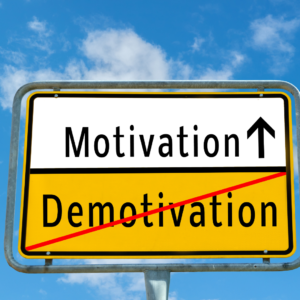Aussies need networking lessons
Kate Southam, Editor
An executive trainer claims Australian companies are wasting huge amounts of money because their people do not know how to “network” .
Julia Palmer set up B Consulted over three years ago and has trained top level executives and sales professionals from all over Australia.
She says networking remains a lost opportunity in Australia with Sydney business people the worst when it comes to effective networking techniques.
“Networking is still a dirty word here in Australia as people associate it with selling,” says Ms Palmer. “It’s not about selling but about building relationships.”
“”Companies are spending a lot of money on events but if your people are in a room and they don’t know how to communicate, then it is just a huge waste of money.
“Sydney people are probably the worst. They tend to be rude, transactional and judgemental and most likely to start a conversation with the question: “˜what do you do?’
Ms Palmer says networking is about building relationships with people with common or complimentary interests to yours with a view that one day; down the road you might be able to assist one another.
“It is too late to build a relationship when you need it most,” says Ms Palmer.
Gary Daly agrees. As the general manager of sales for the event venue arm of Luna Park in Sydney, he is an expert on corporate events and working the room. Yet he still sent over a dozen employees to B Consulted for training.
“I think the whole issue of networking and the training of it is long over due in this country,” says Mr Daly.
“The most gratifying thing about sending my team on Julia’s course was hearing them say after, “˜I thought I knew what it was all about but now I realise I didn’t’,” he says.
“Networking is often misconstrued as “˜I have to go in sell my product and get as many business cards as I can and leave’. What it is about is using an introduction to be in the very early process of building a relationship.
“A by product of that relationship is getting business. Networking should be about getting to understand the person with whom you are speaking – not just thrusting your product in front of people.
“It is not always about the dollars. Often we get calls from people we met at events seeking our advice and that shows they are comfortable with us. A by product might be revenue down the line.
“Companies today spend an extraordinary amount of money being members of organisations and associations.
“A lot of those memberships are to stimulate business but amazingly networking in Australia is still about a half a dozen people from the one organisation going to a function, standing together having a few drinks and then grabbing a handful of business cards on their way out,” Mr Daly said.
Tips on effective networking
- Ms Palmer advises doing some research before accepting an invitation to an event to establish if you really should attend at all.
- If you are attending a function with work colleagues, split up and meet some new people.
- Look for groups of three or more to break into. A pair of people in deep conversation is probably not the place to start.
- Do not peer at someone’s breast trying to read their name tag. Instead, extend a hand, introduce yourself and the other person will respond in kind.
- If see a group, be upfront and ask, “may I join you?” Smile, introduce yourself and then take a listening role.
- When walking up to someone on their own, introduce yourself and then make some small talk. Don’t let your first question be: “What do you do?”
- When your employer is hosting a function, no matter what your role, make a point of walking up to people on their own to make them feel comfortable.
- If you are asked for your business card by all means offer it but otherwise wait until you establish if you would like to stay in touch with the person you have just met. Same applies to asking for business cards. Oh, but do make sure you have plenty on hand.
- Having a drink is fine but don’t over do it. Ms Palmer says her research shows people feel more comfortable approaching someone with a drink in their hand.


